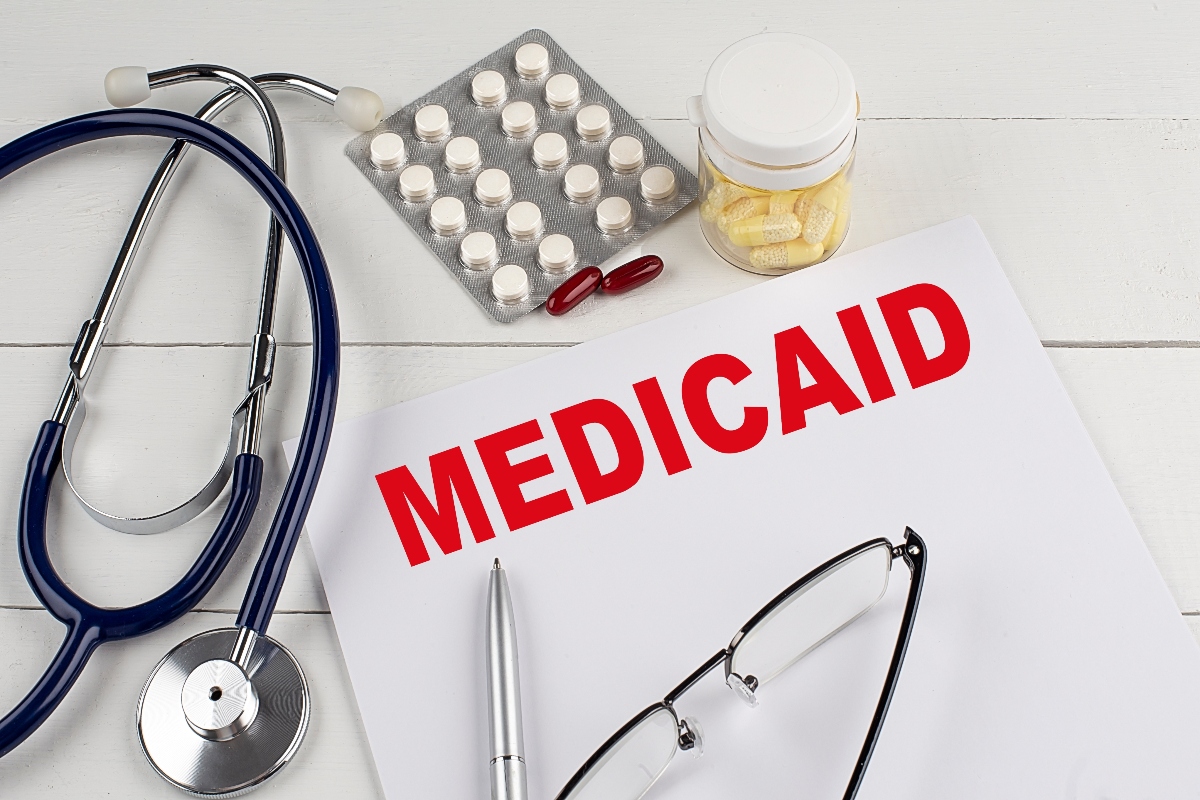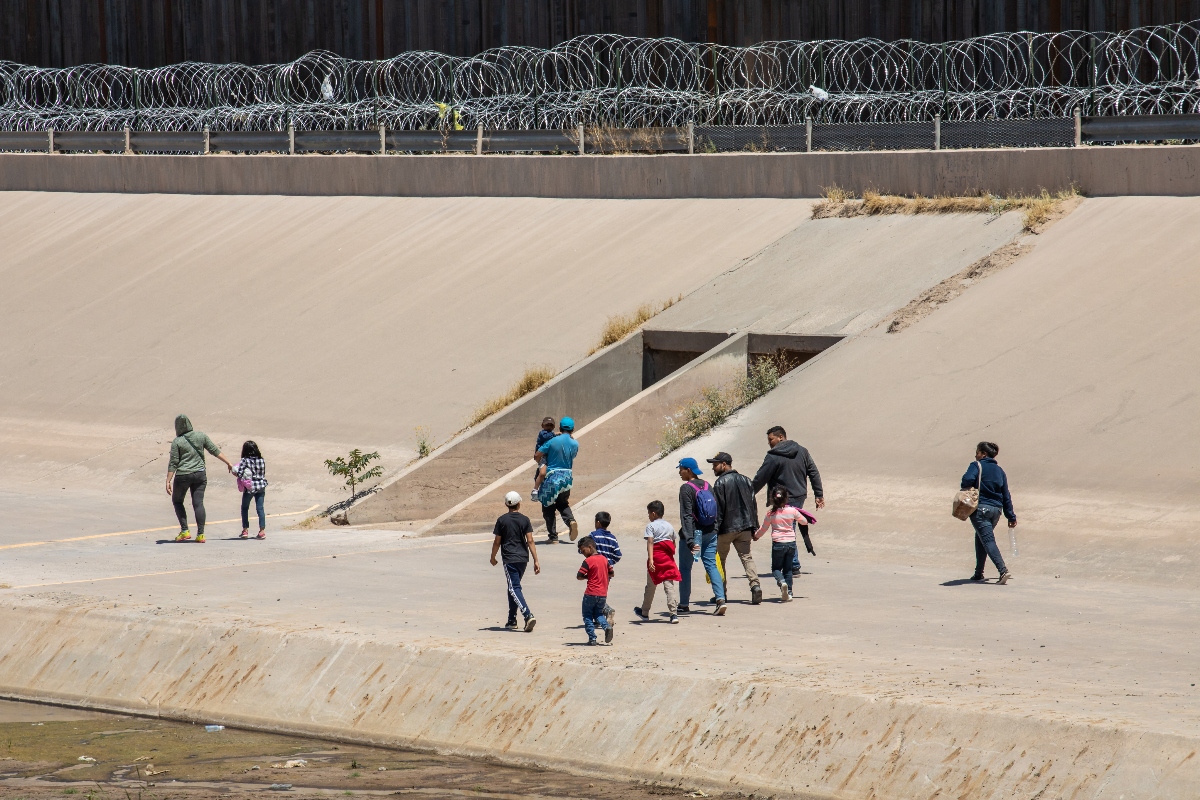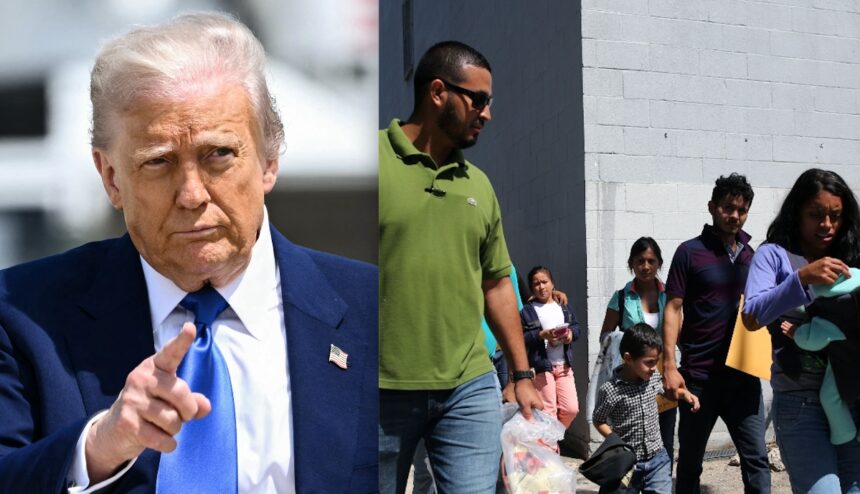President Donald Trump introduced a legislative plan in 2025 that proposes to expel 1.4 million undocumented immigrants from the Medicaid public health program. The plan is part of a broader initiative to limit access to federal benefits exclusively to U.S. citizens.
The proposal has generated great concern in health sectors, human rights advocates and migrant communities, due to the strong impact it could have on access to medical services for millions of people residing in the U.S.
What is Medicaid?

Medicaid is a program jointly funded by the federal and state governments that provides free or low-cost health care to low-income people.
They include families, pregnant women, the elderly and people with disabilities.
Although undocumented immigrants do not qualify for the full program, some may receive emergency care funded by Medicaid.
Trump’s plan would also eliminate this assistance, according to reports from his campaign team and leaked legislative documents.
Who would be most affected?

According to estimates by analysts at the Center on Budget and Policy Priorities (CBPP), more than 1.4 million people, mostly Latinos, could lose access to medical services if the proposal moves forward.
The most affected states would be:
California
Texas
Florida
New York
These states have large Hispanic populations and rely on Medicaid for basic medical care, including childbirth, chronic illnesses and emergency treatment.
The proposal has generated great concern in health sectors
QueOnnda.com
Reactions and political context

Several pro-immigrant organizations have condemned the proposal, pointing out that public health should not be a partisan issue.
They also argue that cutting off access to basic medical care not only puts lives at risk, but could increase emergency room costs.
Trump’s team argues that the goal is to protect federal resources for citizens, amid a nationalist discourse that seeks to toughen immigration policy ahead of the presidential election.
What can the immigrant community do?
Community organizations and free clinics recommend immigrants:
Learn about their medical rights
Consult immigration attorneys or social workers
Seek out local health options, such as community centers
It is also important to be aware of any changes to the law, as the bill must still pass through Congress and could face multiple legal challenges.
For more information, visit QueOnnda.com.














